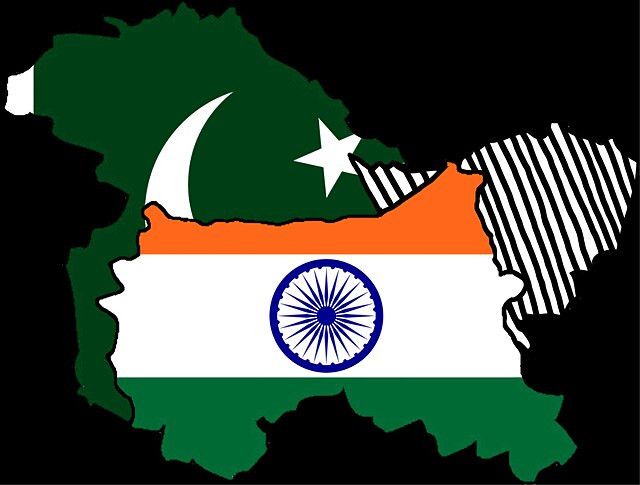India and Pakistan are on heightened military alert following a deadly April 22 attack on Indian tourists in Kashmir, which New Delhi blames on Islamabad. In response, both nuclear-armed neighbors have tested missiles, escalated airspace confrontations, expelled diplomats, and suspended water-sharing agreements, raising fears of another armed conflict with more advanced weaponry than in previous encounters.
Pakistan's military confirmed the test of a short-range Fatah surface-to-surface missile on Monday, just two days after launching a 450-kilometer-range ballistic missile. The tests were intended to demonstrate readiness "to safeguard national security against any aggression," according to a military statement.
India has not publicly responded to the missile launches but has increased border security. Prime Minister Narendra Modi has vowed to punish those behind the Kashmir attack "beyond their imagination." Indian officials claim the April 28 airspace incursion by Indian jets was met with Pakistani aircraft scrambling in response, though no official Indian comment has been made.
Foreign mediation is beginning to take shape. Iran's Foreign Minister Abbas Araghchi arrived in Islamabad on Monday in the first high-level diplomatic visit since the crisis erupted. Tehran has offered to mediate between the two countries. Pakistan's Foreign Minister Ishaq Dar welcomed the initiative, saying, "We will not be the first to take any escalatory step," but warned that Pakistan would "resolutely defend its sovereignty and territorial integrity."
The recent escalation echoes the 2019 military confrontation, when India conducted airstrikes in Pakistan following a suicide bombing in Kashmir. Pakistani forces responded by downing an Indian aircraft. That clash nearly spiraled into broader war before U.S. intervention helped de-escalate the crisis.
Since 2019, both India and Pakistan have significantly upgraded their conventional forces. India has acquired 36 French Rafale fighter jets, armed with Meteor beyond-visual-range missiles, and Israel-supplied Heron Mark 2 drones. It also secured Russia's S-400 anti-aircraft system. Pakistan has countered with Chinese-made J-10 fighters equipped with PL-15 missiles and HQ-9 air defense systems. It has also obtained Turkey's Bayraktar TB2 and Akinci drones.
"Decision makers in both states now have a higher risk appetite for conflict initiation and escalation than prior to 2019," said Frank O'Donnell, a non-resident fellow at the Stimson Center's South Asia Program. "But without a clear mutual sense of the precise actions, that could trigger inadvertent escalation."
The strategic balance remains delicate, especially given Pakistan's reliance on Chinese military equipment and India's parallel concern over its border with China. "It could be a contest between Western and Chinese technology," said Muhammad Faisal, a South Asia security researcher at the University of Technology, Sydney.
Meanwhile, Pakistan has denied any role in the Kashmir killings and invited a credible international investigation. On Monday, Pakistan's Information Minister Attaullah Tarar led journalists to Bella Noor Shah, a village where India claimed militant camps operated. "It is clear there is no truth to the Indian claim," Tarar said.
The conflict has also affected civilian life. In Indian-administered Kashmir, residents in the border town of Akhnoor reported that the Chenab River had dried up since India suspended a decades-old water-sharing treaty. "I have never seen this river dry in my life," said local farmer Bal Krishan, who supported the move as punishment against Pakistan.
U.S. Secretary of State Marco Rubio and Russian Foreign Minister Sergey Lavrov have spoken with Pakistani leaders in recent days, urging calm. Russian President Vladimir Putin called Modi on Monday and "strongly condemned the terror attack in Pahalgam," according to Indian Foreign Ministry spokesperson Randhir Jaiswal.
Experts warn that while nuclear engagement remains unlikely, the risks of miscalculation are rising due to the complexity of new weapons systems and growing domestic political pressure for military action. "If you go beyond what we saw in 2019, it is very risky," said Kaiser Tufail, a retired Pakistani fighter pilot. "Nuclear-armed countries slugging it out is extremely dangerous."






